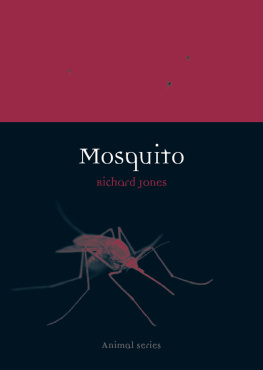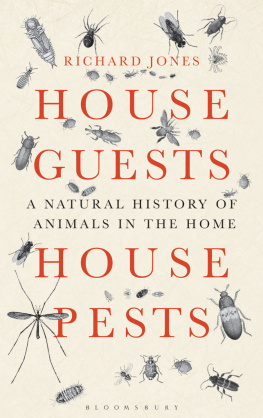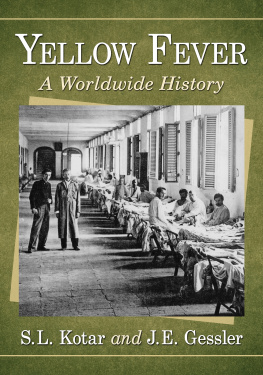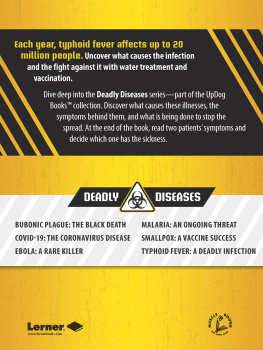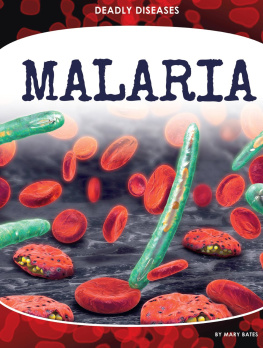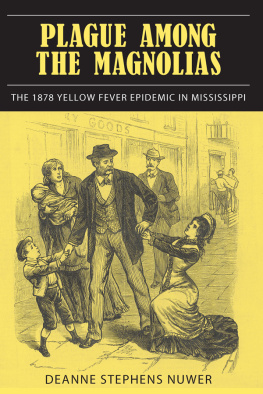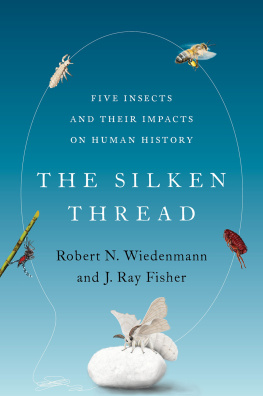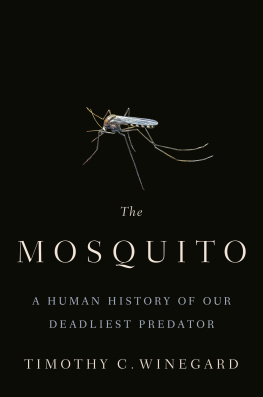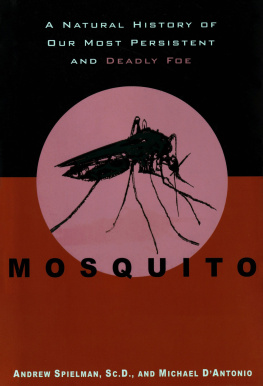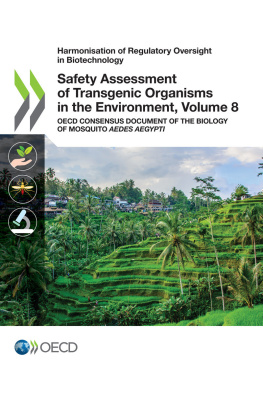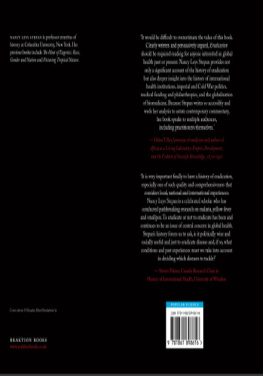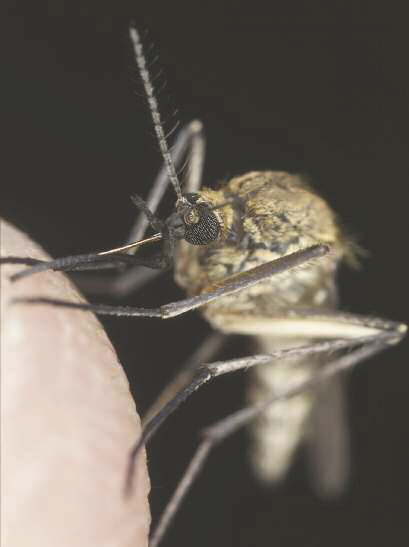Introduction
A high-pitched whine whisper-quiet, but nerve-tingling drills through the still night air, rousing the fitful sleeper. Its no use flapping with arms or a rolled-up magazine: this is one insect that will not go away. The mosquito is on a mission. It wants blood, and will not give up without a fight.
Bloodsucking insects have tormented humans for hundreds of thousands of years, and before that they pestered Australopithecus, Neanderthals and all the other protohumans. This long-standing intimate battle for our blood has had several consequences. The bloodsuckers have had to outwit swatting and grooming by surreptitious attack. Their small size and quiet stealth has made them seem vindictive and malevolent. They have had to cope with the defensive mechanism of human blood clotting when they suck. And it is what they leave behind when they bite the allergic reaction to their injection and the disease organisms injected that has caused so much human suffering. It means that, over the centuries, whereas most small insects were lumped together and called simply bug, fly, worm or beetle, bloodsuckers were much more precisely identified and given names. Fleas, lice, gads, stouts, ticks, clegs and keds are just some of the many names in English alone. The slim flies that were particularly aggressive have long been called gnats or midges, but towards the end of the sixteenth century the English startedto adopt the name mosquito from their sea faring competitors the Spanish and the Portuguese. This is a name now known throughout the world, and it is loaded with meaning.
In much of the Western, developed world, or at least in its major metropolitan centres, mosquitoes are still derided as a trivial nuisance: they bite. But Western urbanites have short memories. Even a generation or two ago, mosquitoes would have been associated with a broader insanitary mess of creatures that invaded homes, attacked food and belongings and even threatened lives with filth and disease. In such homes today, vacuum cleaners have done away with the human flea and the carpet beetle; man-made fibres and dry-cleaning have controlled the clothes moth; refrigerators have rid us of larder beetles; Tupperware and cling film (along with double glazing and improved sanitation) have reduced the horribly diverse disease threat from houseflies. Today, our urban homes are mostly insect-free.
So, an insect that can smell us through a bedroom window barely ajar, fly in on silken wings that dont rustle the curtains and target us with secret sneak attack, is rather unnerving. But we should thank our lucky stars and our sanitized surroundings that all we have to worry about is a vague pinprick and the loss of a tiny dribble of blood. All that remains is a red spot for a day or two.
In many parts of the world, though, mosquitoes are still arguably the most dangerous animals on the planet. Mosquitoes spread the tiny protozoan parasites that cause malaria, and several other deadly and debilitating diseases. Malaria infects over 200 million people worldwide and is estimated to kill nearly 1 million people each year. Most of these are young children living in sub-Saharan Africa. To borrow a well-known but nevertheless awful analogy from Tanzanian malaria researcher WenKilama, thats like seven Boeing 747s loaded with children crashing into mountains every day of the year.
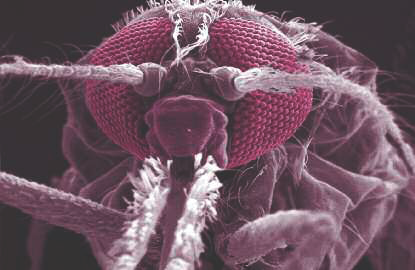
Scanning electron micrograph of the head of Anopheles gambiae, arguably the most dangerous animal in the world.
The malarial belt around the worlds tropics has long been a dangerous place to visit. And although it is perhaps stretching a euphemism, for most of that lush zone between Cancer and Capricorn, white people are still visitors, at least in terms of human evolutionary history. For nearly 500 years, since the dawn of the Age of Exploration, European travellers to the tropics were tormented by mosquitoes and ravaged by malarial fevers. This irked the colonial powers, who saw malaria as a barrier to their civilizing influences. When the nature of mosquitoes as disease vectors was elucidated, a way was suddenly opened to clear these fertile lands for exploitation and commerce. Eradicating the mosquitoes was simply a case of destroying their swampy breeding grounds.
Weve known about the intricate relationship between mosquitoes and malaria for over 100 years. Mosquito-control programmes have been put in place, and anti-malarial drugs have been available for over two centuries. But mosquitoes do not respect international boundaries, and are quick to take advantage of both petty political differences and all-out war. A change in government, a change in the annual rainfall, even a change in the stock markets a hemisphere away, can easily set such ambitious schemes back decades.
It transpires that national governments and international aid agencies do not have bottomless pockets, and eradicating malaria has turned out to be very expensive. Mass spraying with insecticides has turned out to be environmentally damaging, and the backlash against chemicals like DDT has removed what was seen at the time as the most promising weapon in the war against mosquitoes. Drug resistance in the malaria parasites and insecticide resistance in the mosquitoes is just the latest turn of a battle that has shaped the history of humans on this planet. Talk now moves away from removing the malarial threat entirely, and attention focuses increasingly on containment, mitigation and management. These are coping strategies on the back foot. Mosquitoes are still winning the war.

